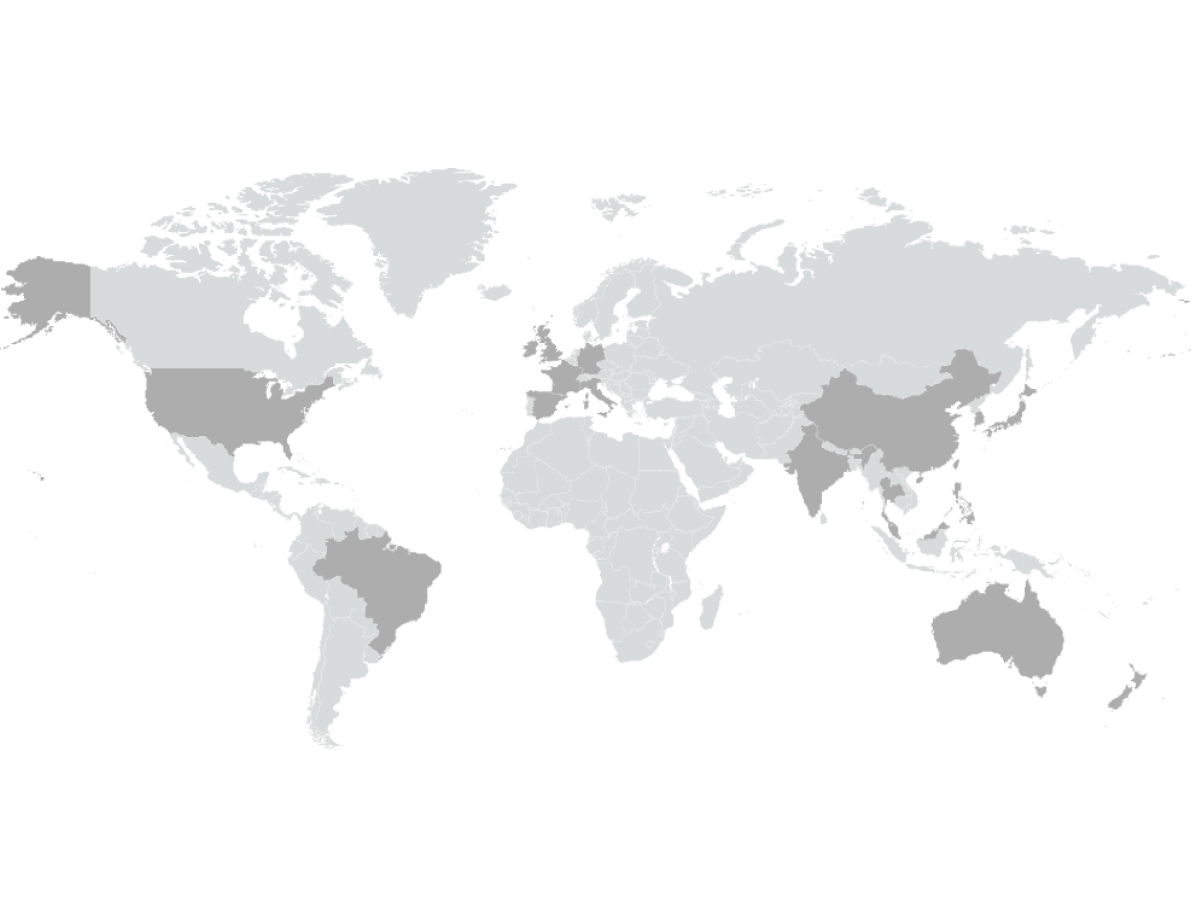As the Pallone-Thune TRACED Act compliance deadline of June 30, 2021 approaches, carriers are making progress on implementing STIR/SHAKEN for IP-based networks and on robocall mitigation programs for non-IP networks.
TNS’ 2021 Robocall Investigation Report shows that efforts by the leading carriers to deploy STIR/SHAKEN have already had a positive impact. More than one-third of the total calls traversing carrier networks in December 2020 were self-signed by a voice service provider ensuring the caller was verified, up from 21% in January 2020.
The Federal Communications Commission (FCC), for its part, finished 2020 with a flurry of activity focused on implementing sections of the TRACED Act, which placed new obligations on voice service providers. Notably, the FCC defined three further actions in its Fourth Report and Order that voice service providers must take to mitigate unwanted robocalls:
- Respond to traceback requests. All voice service providers must respond to traceback requests from the FCC, civil and criminal law enforcement, and the US Telecom Industry Traceback Group as the registered consortium for private-led traceback efforts.
- Take steps to effectively mitigate illegal traffic when the provider receives written notice of illegal traffic. Taking the previous Call Blocking Order and Further Notice directive a step further, when a provider receives notice of illegal traffic from the FCC’s Enforcement Bureau it must promptly investigate. Steps to mitigate the traffic must then be taken or the provider must respond that it has a reasonable basis for concluding that the identified calls are not illegal.
- Implement affirmative measures to prevent new and renewing customers from using its network to originate illegal calls. This directive requires that all originating voice service providers know their customers and exercise due diligence in ensuring that their services are not used to originate illegal traffic but does not require any specific steps to accomplish this measure.
However, the FCC has expanded the safe harbor for call blocking based on reasonable analytics to also cover network-based blocking if caller ID authentication information is incorporated where available. To get the benefit of the safe harbor, a terminating voice service provider must ensure its network-based blocking targets only calls that are highly likely to be illegal, not calls that merely are unwanted.
Alongside these further robocall mitigation measures, the FCC has adopted steps providers must take to help ensure that call originators can effectively access redress mechanisms for incorrectly blocked calls, including:
- Immediately notify callers of blocking
- Disclose a blocked calls list to consumers upon request
- Provide status of call blocking dispute resolution
- Establish a point of contact for verifying call authenticity
For a deeper dive into the FCC’s Fourth Report and Order please see our whitepaper:
The STIR/SHAKEN Call Authentication Requirements Under the Pallone-Thune TRACED Act.
To help carriers meet the demands of the TRACED Act, TNS offers call authentication and robocall mitigation programs. With TNS’ Call Guardian Authentication Hub, carriers can quickly and economically go to market with a fully managed call authentication and robocall prevention solution.
Call Guardian Authentication Hub identifies and blocks high risk traffic using TNS Call Guardian analytics and robocall detection technology and lays the foundation for STIR/SHAKEN compliance by enabling the authentication and validation of inter-carrier calls.
For North American carriers interested in getting started today and signing calls leveraging the Call Guardian Authentication Hub, please visit here.
Paul Florack is Vice President of Product Management for TNS’ Telecom Markets business, including the development and management of solutions across both core signaling and database services, as well as mobility solutions. He can be contacted via solutions@tnsi.com.





